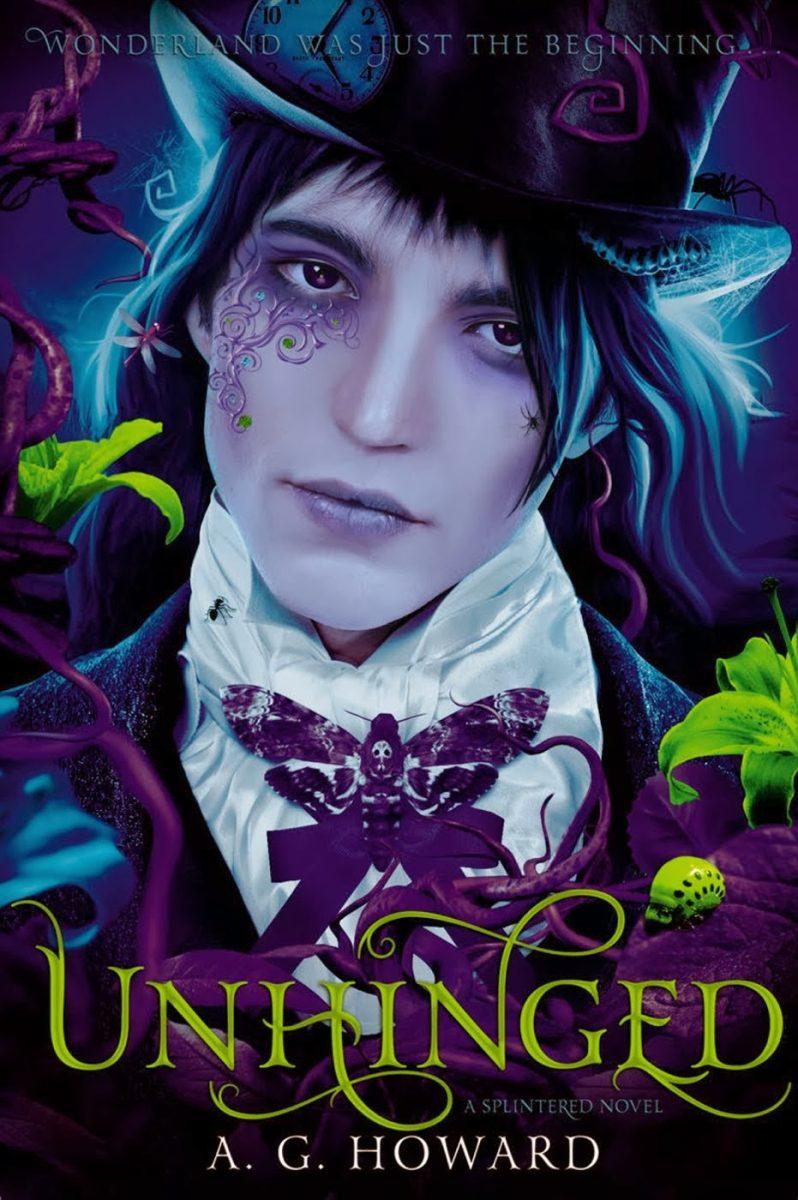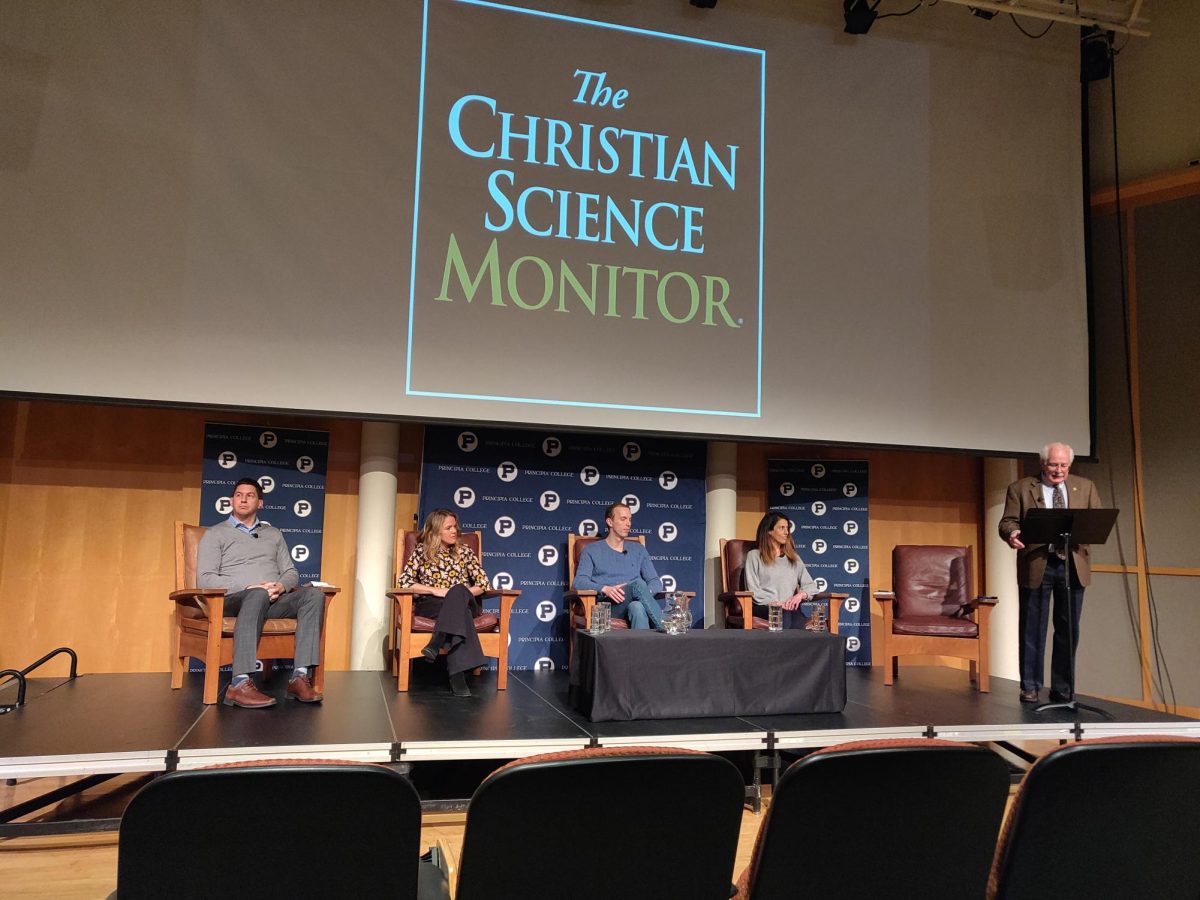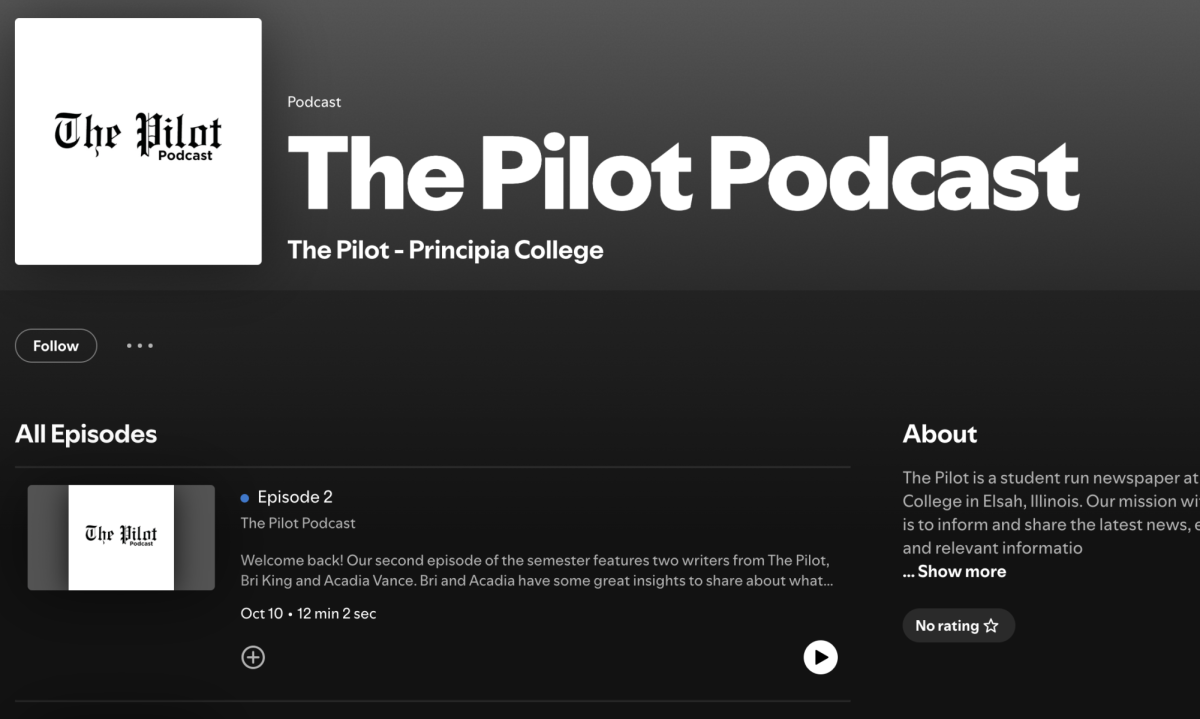Although the fervor has died down a bit around the “Once Upon a Time” TV show, the revitalization of beloved childhood characters and stories never fails to capture attention, no matter one’s age. It’s been good to see life brought back to such characters as Snow White, Mulan, Peter Pan, and Belle. This show is cute, but the books are better. Which is why you can ditch the show, log off your computer and check out “Unhinged” by A.G. Howard instead. It’s like “Alice in Wonderland,” but with a twist.
Alyssa, a descendant of Alice, shares the ability to see, travel to, and interact with the beings in Wonderland. Although there are grand adventures to be had in Wonderland, Alyssa has decided that she wants nothing to do with it. Graduating from high school and dealing with an overprotective mother (fresh out of an asylum, no less) is more than enough of a challenge without throwing magical lands into the mix. In “Unhinged,” Alyssa finds out that just because she’s willing to let go of Wonderland doesn’t mean that Wonderland is willing to let go of her.
Choosing a child’s story as a main setting isn’t new. Television shows such as the afore mentioned “Once Upon a Time,” “Once Upon a Time in Wonderland” and “Grimm” have all delved into the world of fairy tales. But Howard has managed to take a familiar scene and refurbish it into something new and exciting. These are all new characters who will change the way readers look at Wonderland. Although the basis is the same as when first written by Lewis Carroll, bits of the story are explained throughout Alyssa’s adventure, enabling readers to see Wonderland in a whole new light. It’s delightful how bits of Wonderland start to make sense as the book progresses.
Although Alyssa is still in high school, the story covers issues that are complex and sophisticated. Wonderland is facing a period of political unrest and upheaval. Alyssa must decide the turn her life will take and what she’s willing to give up. As a high school student, Alyssa faces ethical dilemmas not even the most seasoned politicians have to deal with.
Readers will be on the edge of their seats wondering if Alyssa places the same amount of value on Wonderland creatures as she does on her boyfriend and family. The pressure of making the correct decision, whether to follow the utilitarian doctrine or something more self-serving, drives Alyssa through her dilemma and readers through the book.
The characters and their individual moral codes are fascinating. Alliances are made, promises are magically enforced, and the plot thickens. Alyssa has the power to drastically alter the direction an entire world is taking, but at great personal expense. Not only is the fate of an entire world riding on Alyssa’s shoulders, the people surrounding her are either endangered, or are the danger.
Morpheus, Alyssa’s Wonderland friend since childhood, is convinced that Alyssa needs to be in Wonderland, and is the only one that can beat back the tyranny of the Red Queen. Is he really interested in helping Alyssa, or is there an ulterior motive?
Readers will enjoy watching the evolution and unfoldment of Alyssa’s relationships with her parents and friends, old as well as new. Readers who enjoy the dramatic developments that occur when two worlds collide, do-or-die scenarios, and betrayals should shirk all their responsibilities and read “Unhinged” instead.





